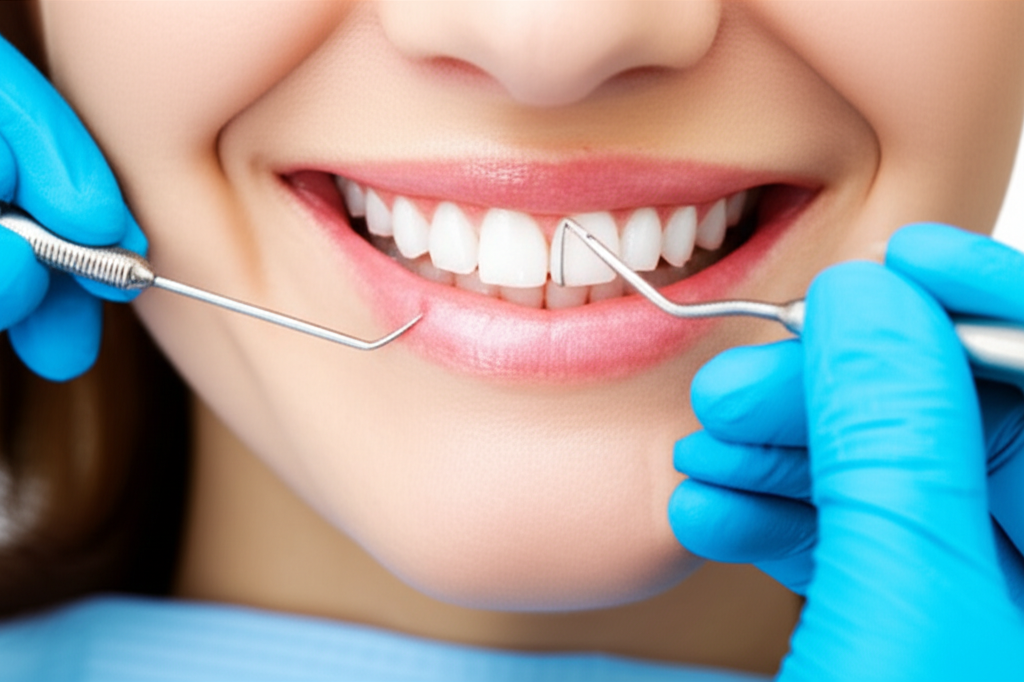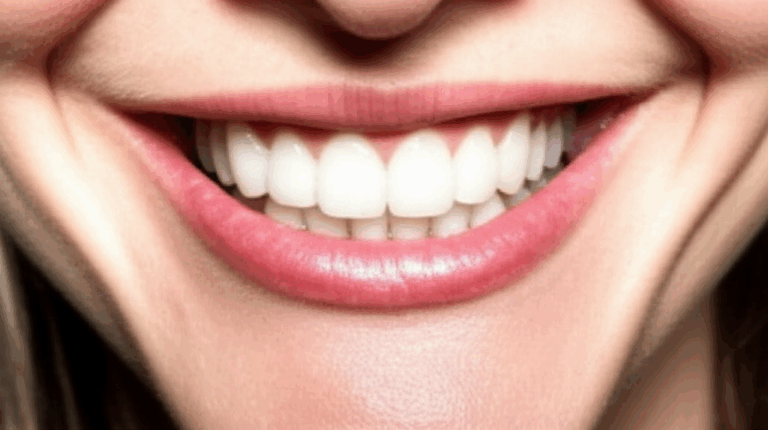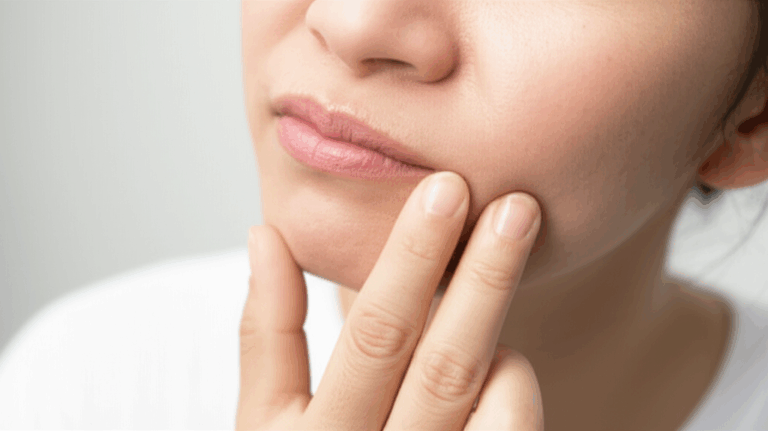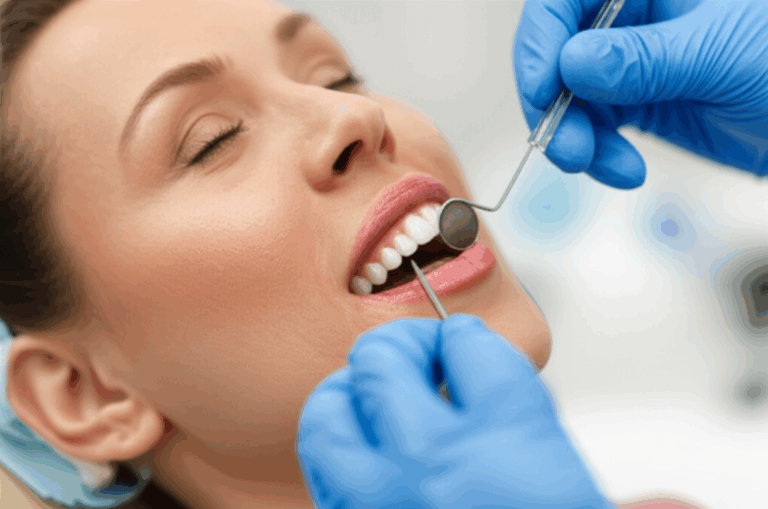
How to Choose a Good Dentist: My Ultimate Guide to Quality Dental Care
Table of Contents
- Reading Reviews and Weighing Reputation
- Checking Credentials and Professional Affiliations
- Analyzing the Dentist’s Website and Online Presence
- Referrals That Count: Friends, Family, and Medical Recommendations
- The Office Environment: The Details That Tell All
- The Dental Staff: The Unsung Heroes
- The Dentist: Communication, Transparency, and Care
- Thorough Exams and a Preventative Focus
- Strict Sterilization and Patient Safety
- Financial Transparency and Ethical Treatment Plans
- Responsive Follow-Up and Emergency Care
- Standing by Honest and Ethical Dental Practices
Introduction: Why Your Choice of Dentist Really Matters
Let me start with something I learned the tough way: the dentist you pick really affects not just how healthy your teeth are, but also how comfy you feel, your confidence, and your whole health. A good dentist doesn’t just fix tooth problems—they help stop bigger issues, save you money, and can even notice health problems you might miss. But a bad dentist can cause pain, make you spend more than needed, and even make you never want to go back.
When I started looking for my perfect dentist, I knew I didn’t just want someone to fill a tooth. I wanted a partner in health—a pro I could trust and who made me feel listened to and cared for. If that’s what you want, you’re in the right place.
Doing Your Homework: The Screening Process Before You Book
Before I even step into a dentist’s office, I like to do some digging. You want to show up feeling good about your choice, not just hoping things work out.
Reading Reviews and Weighing Reputation
I always start online. Reviews on Google, Yelp, Healthgrades, or Zocdoc give a good first look. But here’s what matters: don’t just look at the star ratings—read what people actually say. I look for the same things people keep mentioning. Do they talk about the dentist being kind, gentle, or having short waits? Or do you keep seeing comments about rough work, not listening, or weird bills?
If a dental office doesn’t show up online or only has very basic, short reviews, that’s a warning to me. Real, honest (even some negative) reviews mean the practice is real and has patients. And if the dentist answers complaints, that tells me even more. I want to see them take care of problems, not just make excuses.
Checking Credentials and Professional Affiliations
Next, I check what makes the dentist qualified. Are they board-certified? This isn’t always needed for regular dentists, but for specialists—like periodontists, orthodontists, or oral surgeons—it’s a must. Being a member of the American Dental Association (ADA) or a state group is a good sign too.
I also look for dentists who keep learning new stuff. Dental technology changes fast. Dentists who mention learning new things or using high-tech tools like digital x-rays are keeping up, which can make your visit smoother and safer. Sometimes you’ll see on their website that they use cool new gear or mention digital dental labs. That makes me feel better about things.
Analyzing the Dentist’s Website and Online Presence
The dentist’s website doesn’t have to look super fancy, but it should tell you their skills, what work they do, and who works there. If their site is confusing, offers almost no info about clean tools or safety, or just says “we’re the best!” too much, I start to doubt.
I always look for stuff about keeping patients comfortable, the tech they have, clear prices, and if they work with insurance or offer payment plans. It’s a plus if they mention working with pros like a dental ceramics lab, since that means they care about quality work.
Referrals That Count: Friends, Family, and Medical Recommendations
While the internet is great, advice from a friend, family member, or your doctor means a lot. It’s even better if they tell a real story, like how the dentist helped during a tough emergency or explained every option for a new crown. When someone you trust says the dentist and their team did a solid job, that makes me feel much more sure.
First Impressions Count: What I Notice During the Initial Visit
It doesn’t take long to know if you like a dental office. Here’s what I watch out for (and what makes me want to leave right away).
The Office Environment: The Details That Tell All
First, I look for cleanliness. Even before meeting the dentist, I check the waiting area, bathrooms, and the dental gear. Old, messy chairs or dirty floors make me worry. A new-looking, tidy office with signs that tools have been cleaned and staff wearing gloves always makes me feel better.
I also notice if it’s easy for people with disabilities to get in, if forms are easy to find, and if the place feels calm—not messy or chaotic.
The Dental Staff: The Unsung Heroes
A good dental team makes a real difference. The person at the front desk, the assistant getting the room ready—all of them matter. Friendly faces, clear instructions, and respect for privacy always help me feel at home.
If I have a question about anything—billing, x-rays, aftercare—I want staff who are patient and know their stuff. How well the team works together usually shows how well the dentist runs things.
The Dentist: Communication, Transparency, and Care
This is the most important part. At my first checkup, I pay attention to whether the dentist actually listens to me. Do they care about my worries, like tooth pain, being nervous, or family stuff like gum problems? Or do they just rush through the visit?
A good dentist explains what they’re doing simply—not using big words or making it sound scarier than it is. Dentists who show pictures or digital scans make it much easier to understand what’s going on. Teaching patients how to stop problems instead of just fixing them also means a lot—like showing me how to floss, giving tips for anxiety, or explaining why a cleaning is good for me.
I really like dentists who tell me about ALL my choices—from easy fixes like fillings or a night guard to tougher ones like crowns or implants. If I get the feeling that they just want to sell me something or push one plan, I leave.
You should always feel part of the choices, not just someone in the chair.
Going Beyond the Chair: Essential Qualities During Care and Treatment
Once I’ve found a dentist I like, I look for these good signs each time I go back.
Thorough Exams and a Preventative Focus
When I changed dentists, I noticed some look much more closely than others. A good checkup isn’t just a quick look. My dentist checks my gums, my bite, my jaw, and asks if anything has changed. Stopping problems before they get bad is what you want. This means catching gum disease early and helping you keep up with brushing or flossing.
Getting regular cleanings, checking my bite, and only using x-rays when really needed means I know my dentist cares. I notice practices that use digital x-rays often give clearer and faster results—so I can really see what’s happening in my mouth.
Strict Sterilization and Patient Safety
There’s nothing more reassuring than seeing clean habits. I always look to see if staff change gloves, if tools are in sealed packets, and if they wipe down everything. Especially now, being safe and clean is a must. Ignoring these things isn’t just a red flag—it’s dangerous.
Keeping patient info private is also a big deal. Simple things like locking your paperwork or speaking in private show respect.
Financial Transparency and Ethical Treatment Plans
Nobody wants a price surprise or to feel confused about what they’re paying for. A good dentist lets me know costs for big procedures before starting anything. I always ask for a paper copy of the treatment plan, what my insurance pays, and what I’ll owe.
A dentist who tells me it’s okay to get a second opinion or sends me to a specialist when needed shows they really care. If someone tries to sell me expensive extras or pushes work I don’t need, I walk out. The right dentist should help you—never just try to sell stuff.
Some offices offer guarantees on their work or talk about the labs they work with. (Like if they use a top crown and bridge lab, that can mean a better result.)
Responsive Follow-Up and Emergency Care
A caring dentist checks on you after tough procedures. For example, after my root canal, a quick phone call about my pain and recovery really meant a lot.
Dental emergencies never happen at the right time. I look for places with good emergency rules and a way to call after hours. Knowing they’ll help if something goes wrong is worth a lot.
Standing by Honest and Ethical Dental Practices
At the end of the day, how honest a dentist is really matters. I stick with dentists who tell the truth—saying when a simple fix works, being open about risks, or sending me to an expert when I need it.
Nothing’s better than feeling like your dentist is on your team, caring for all of you, not just your teeth. The best relationships with dentists last for years.
Red Flags: Signs It’s Time to Switch Dentists
Sometimes, no matter what you do, you find out things aren’t right. Here are signs that made me leave for another dentist (and you should, too):
- You feel rushed or nervous to ask anything.
- The office seems more worried about selling stuff than helping you.
- They are not open about costs or don’t want to explain your treatment or insurance.
- The place is dirty, rundown, or doesn’t seem clean or careful.
- You leave in pain, have problems after, or feel like you’re being told to do treatments that don’t make sense.
- The staff keep changing or reviews keep saying the same bad things.
Don’t feel bad changing dentists—a good partnership is worth it. You deserve a dentist you feel happy with.
Conclusion: Protecting Your Smile by Making the Right Choice
Picking a dentist shouldn’t feel like a bet. I learned that a good dentist talks clearly, keeps patients comfy, uses safe modern ways, and always treats you as a person.
Trust how you feel, ask anything you want, and don’t settle for less than you deserve. The right dentist is out there—and trust me, when you find them, you’ll see the difference.
Your smile matters, so choose someone who helps you keep it bright.
FAQs
Q1: What is the one most important sign of a good dentist?
In my view, being able to talk easily and feeling listened to is key. If your dentist explains things and takes time for your questions, that’s a great sign.
Q2: How can I check if a dentist uses good labs for crowns, implants, or bridges?
Ask which lab they use. Top dental work comes from good lab partners. For example, some use a great china dental lab, or special labs for things like ceramics or digital solutions and like to talk about this as proof of their quality.
Q3: Why does modern dental technology matter?
New digital x-rays, cameras, and lab gear make checkups quicker, safer, and clearer. You’ll understand your treatment much better and usually feel more relaxed.
Q4: Should I change dentists if mine doesn’t handle emergencies?
If emergencies matter to you—and they should—pick someone who tells you what to do and how to reach them after hours. It matters because you want to know your dentist cares for you at any time.
Q5: How does preventative care save me money?
For me, skipping checkups always meant higher bills later. Preventative care catches problems early—when they’re much simpler and cheapest to fix.
At the end of the day, it’s your mouth, your health, and your choice. The right dentist will help you feel good about all three. Don’t just settle—smile knowing you’ve found the right dental partner.








